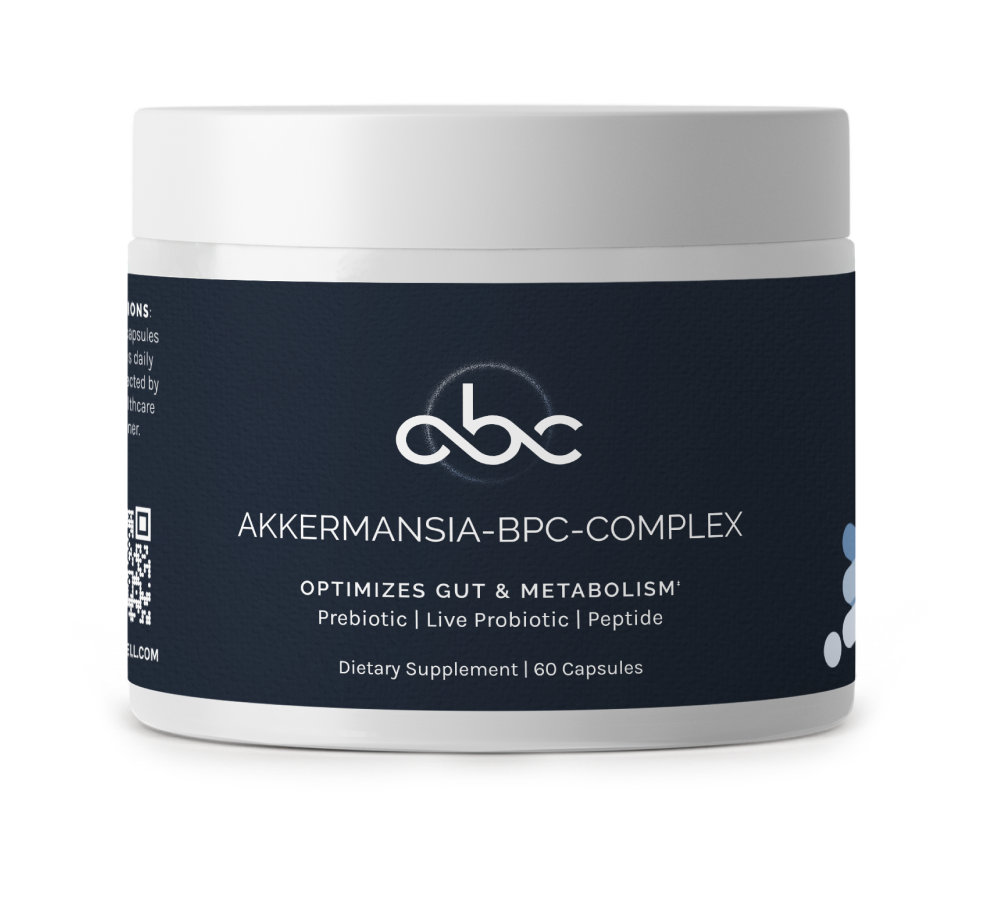In order to fully understand the role of sleep as it relates to aging, its necessary to embark on an in-depth exploration of the intricate interplay between sleep, aging, and the potential therapeutic utility of a novel form of Ashwagandha with the highest concentration of active constituent that has shown to be the best option for sleep and aging support. In this comprehensive analysis, we will systematically dissect the various phases of sleep, encompassing the essential attributes of REM and deep sleep. Our focus will shift to the adverse consequences of sleep deprivation on key hallmarks of aging, including mitochondrial function, microbiome equilibrium, telomere length dynamics, and the indispensable process of autophagy. Furthermore, we shall elucidate the multifaceted role of the glymphatic system, responsible for waste product clearance within the brain during the restorative stages of sleep. An exciting prospect lies ahead, as we explore the promising applications of Shoden Ashwagandha for optimizing sleep quality and facilitating the best possible health outcomes.
First, let’s look at the phases of sleep.
- REM Sleep (Rapid Eye Movement): REM sleep is a complex stage where the brain becomes highly active, almost resembling wakefulness. During this phase, neural pathways associated with learning and memory consolidation are highly active. It's a critical period for emotional processing and dream formation. REM sleep is believed to play a pivotal role in cognitive function, creativity, and emotional well-being. Disruptions in REM sleep have been associated with mood disorders, such as depression and anxiety, as well as impaired cognitive performance.
- Non-REM Sleep: Non-REM sleep is divided into several stages, each serving unique functions. In the initial stages, the body begins to relax, and heart rate and breathing slow down. It's a time for the body to unwind and prepare for deeper stages of sleep. As we progress into deeper non-REM stages, we enter slow-wave sleep, or delta sleep. This stage is associated with physical rejuvenation, tissue repair, and growth hormone release. It plays a crucial role in physical recovery, and the immune system is activated to combat infections. Additionally, inflammation in the body tends to decrease during deep sleep. Disturbances in non-REM sleep can result in impaired physical recovery and compromised immune function.
- Deep Sleep: Deep sleep, often referred to as slow-wave or delta sleep, is the most restorative stage. During this phase, the brain exhibits synchronized, slow-wave patterns, and the body undergoes numerous critical processes. Growth hormone, vital for tissue repair, muscle growth, and overall rejuvenation, is released during deep sleep. Blood pressure drops, and blood flow to the muscles increases, promoting healing and energy restoration. Deep sleep is also thought to play a significant role in maintaining a healthy metabolism.
- Light Sleep: Light sleep occurs at the beginning and end of the sleep cycle, serving as a transitional stage between deeper sleep phases. It's considered less restorative than the other stages, but it's essential for maintaining overall sleep quality and facilitating the consolidation of memories. The brain remains active to some extent during this phase, helping with memory formation and organization.
A lack of sleep quality or impairment of any of these phases of sleep can have far reaching effects, especially on key hallmarks of aging.
Mitochondrial Dysfunction: Lack of sleep can give rise to mitochondrial dysfunction, where the mitochondria, the energy-producing organelles within cells, suffer impairment. This dysfunction results in heightened oxidative stress, which in turn diminishes the cell's capacity to produce energy. Over time, this process leads to cellular damage and accelerates the aging process.1
Telomere Shortening: Sleep deprivation has the potential to expedite the shortening of telomeres, the protective caps situated at the ends of chromosomes.2 Shortened telomeres are intricately linked to cellular aging and a heightened susceptibility to age-related diseases. Sleep can play a pivotal role in the maintenance of telomeres by decreasing stress and inflammation as well as promoting the repair processes necessary during slow wave sleep that aid in telomerase activity and telomere integrity; thus, insufficient sleep can expedite telomere degradation.2
Impact on Autophagy: Autophagy, a cellular process that disposes of damaged cellular components and proteins, is highly dependent on sleep. Adequate sleep is imperative for the activation of autophagy, a process that facilitates cellular repair and rejuvenation. Sleep deprivation disrupts autophagy, thereby compromising cellular maintenance and contributing to the aging process.3
Inflammation: The absence of sufficient sleep can trigger chronic low-grade inflammation throughout the body. This chronic inflammation is a significant driving force behind the emergence of age-related diseases, including cardiovascular issues, arthritis, and neurodegenerative disorders.4 Sleep is pivotal in the regulation of inflammatory processes, and poor sleep can exacerbate inflammation, further propelling the aging process.
Microbiome Imbalance: Sleep patterns possess the capacity to influence the gut microbiome, which comprises a diverse array of microorganisms within the digestive system. Imbalances in the microbiome can culminate in various health problems and have a discernible impact on the aging process. Inadequate sleep can disrupt the intricate gut-brain axis, thereby exerting a detrimental influence on the microbiome.5
Epigenetics: Sleep exerts a profound impact on epigenetic changes, which encompass modifications to DNA capable of affecting gene expression. Sleep deprivation has the potential to induce alterations in epigenetic patterns linked to aging. These changes can profoundly influence the susceptibility to age-related diseases and hasten the aging process.6
One area of clinical significance that is emerging as a key to getting the most out of sleep is the glymphatic system. The glymphatic system is a relatively newly discovered network of vessels and channels in the brain that plays a crucial role in the clearance of waste products and the exchange of cerebrospinal fluid (CSF) within the brain. It operates primarily during sleep and has significant implications for both the quality of sleep and the acceleration of aging.
The glymphatic system comes into action primarily during the stages of deep and slow-wave sleep, recognized for their restorative and rejuvenating properties. In this critical period, the glymphatic system plays a vital role in clearing away metabolic waste products, including substances like beta-amyloid, which are closely associated with neurodegenerative conditions such as Alzheimer's disease. The proper operation of the glymphatic system during sleep is of paramount importance, not only for the clearance of waste but also for the maintenance of cognitive health, the consolidation of memory, and the overall enhancement of sleep quality.7
While there has been an abundance of products launched around sleep in general, very few have had the ability to tie directly to the glymphatic system. That is where Shoden, a branded form of ashwagandha (Withania somnifera), stands out for its remarkable ability to not only reduce stress but also improve sleep quality, specifically restorative sleep. With a 35% withanolide content, Shoden's efficacy is undeniable and clinically proven. A key 2020 clinical trial demonstrated that it can lead to a 42% increase in restorative sleep, an additional 36 minutes of high-quality sleep, a 39-minute extension of total sleep duration, and an impressive 11.8% reduction in sleep onset latency. The element to pay close attention to there is the 42% increase in restorative sleep; when does restorative sleep occur? Deep and slow wave sleep, precisely the same sleep phase when glymphatic activity is most active. Therefore, Shoden represents perhaps one of the best options for optimizing sleep and ensuring patients get the most out of their sleep. In addition, as is seen with most other forms of ashwagandha, Shoden also functions incredibly well as an adaptogen, assisting the body in adapting to stress and regulating the hypothalamic-pituitary-adrenal (HPA) axis, which is responsible for stress hormone secretion, particularly cortisol.8
There are certain things in practice that you can confidently recommend to anyone as being ‘good for you’. Sleep is one of them. Helping patients achieve that deep, slow wave phase for the ultimate in restorative sleep and, in turn, supporting those hallmarks of aging as well as the newly discovered, vitally important glymphatic system can make all the difference for a patient. And applying targeted support, such as Shoden, will only further promote the best possible night’s sleep and clinical outcomes.
References:
- Wu J, Dou Y, Ladiges WC. Adverse Neurological Effects of Short-Term Sleep Deprivation in Aging Mice Are Prevented by SS31 Peptide. Clocks & Sleep. 2020; 2(3):325-333. https://doi.org/10.3390/clockssleep2030024
- Lee KA, Gay C, Humphreys J, Portillo CJ, Pullinger CR, Aouizerat BE. Telomere length is associated with sleep duration but not sleep quality in adults with human immunodeficiency virus. Sleep. 2014 Jan 1;37(1):157-66. doi: 10.5665/sleep.3328.
- Deutsch S, Malik BR. Impact of Sleep on Autophagy and Neurodegenerative Disease: Sleeping Your Mind Clear. Arch Mol Biol Genet. 2022;1(2):43-56.
- Doherty R, Madigan S, Warrington G, Ellis J. Sleep and Nutrition Interactions: Implications for Athletes. Nutrients. 2019 Apr 11;11(4):822. doi: 10.3390/nu11040822.
- Jordi Morwani-Mangnani, Panagiotis Giannos, Clara Belzer, Marian Beekman, P Eline Slagboom, Konstantinos Prokopidis, Gut microbiome changes due to sleep disruption in older and younger individuals: a case for sarcopenia?, Sleep, Volume 45, Issue 12, December 2022, zsac239, https://doi.org/10.1093/sleep/zsac239
- Carroll JE, Prather AA. Sleep and Biological Aging: A Short Review. Curr Opin Endocr Metab Res. 2021 Jun;18:159-164. doi: 10.1016/j.coemr.2021.03.021.
- Voumvourakis KI, Sideri E, Papadimitropoulos GN, Tsantzali I, Hewlett P, Kitsos D, Stefanou M, Bonakis A, Giannopoulos S, Tsivgoulis G, et al. The Dynamic Relationship between the Glymphatic System, Aging, Memory, and Sleep. Biomedicines. 2023; 11(8):2092. https://doi.org/10.3390/biomedicines11082092
- Deshpande A, Irani N, Balkrishnan R, Benny IR. A randomized, double blind, placebo controlled study to evaluate the effects of ashwagandha (Withania somnifera) extract on sleep quality in healthy adults. Sleep Med. 2020 Aug;72:28-36. doi: 10.1016/j.sleep.2020.03.012











